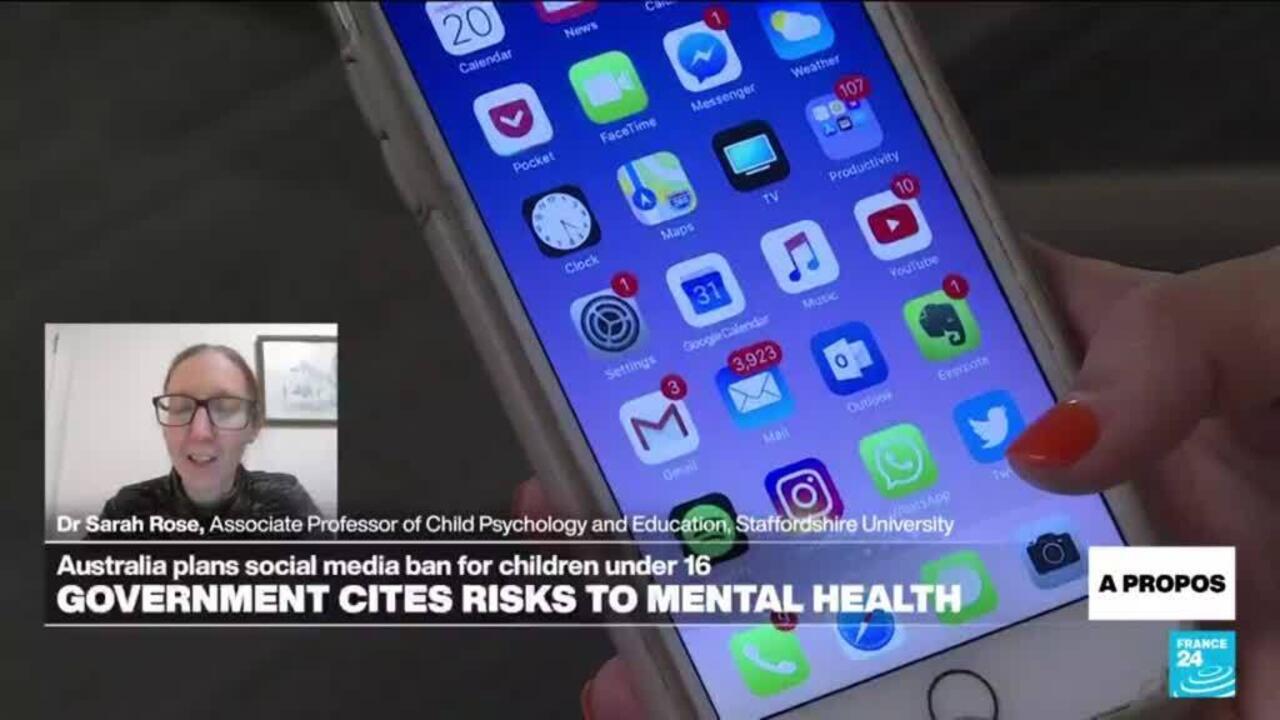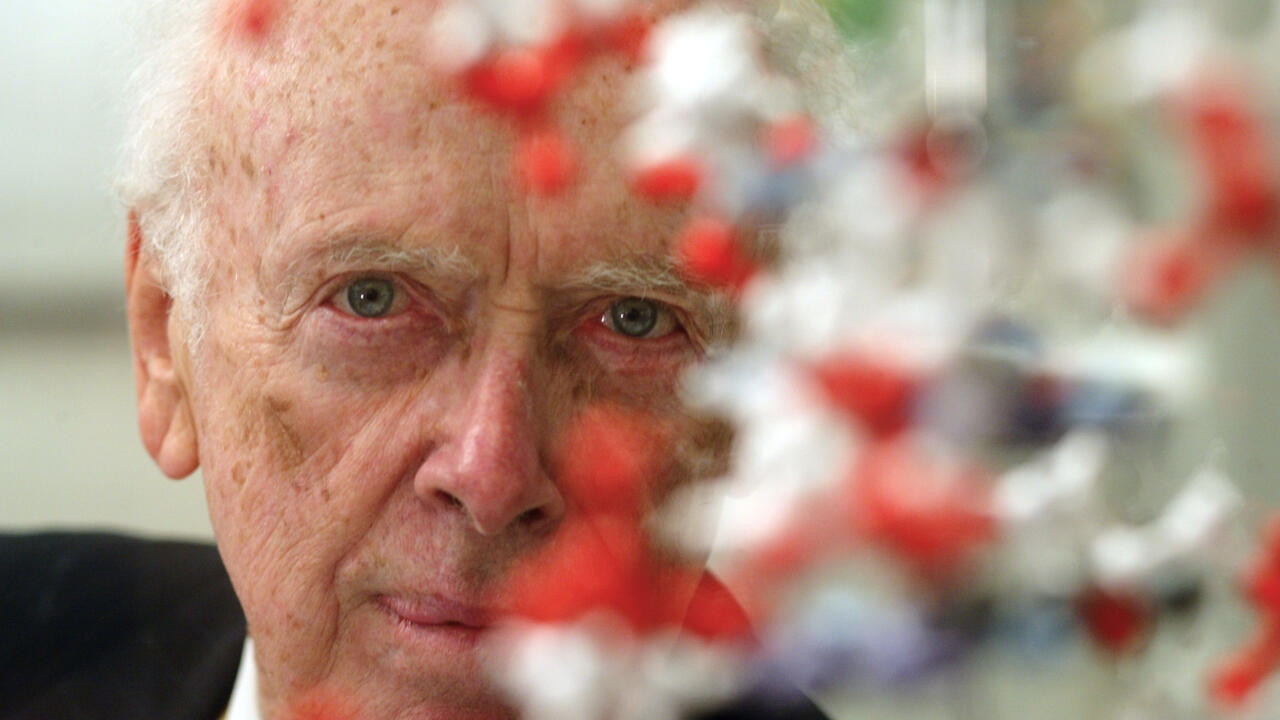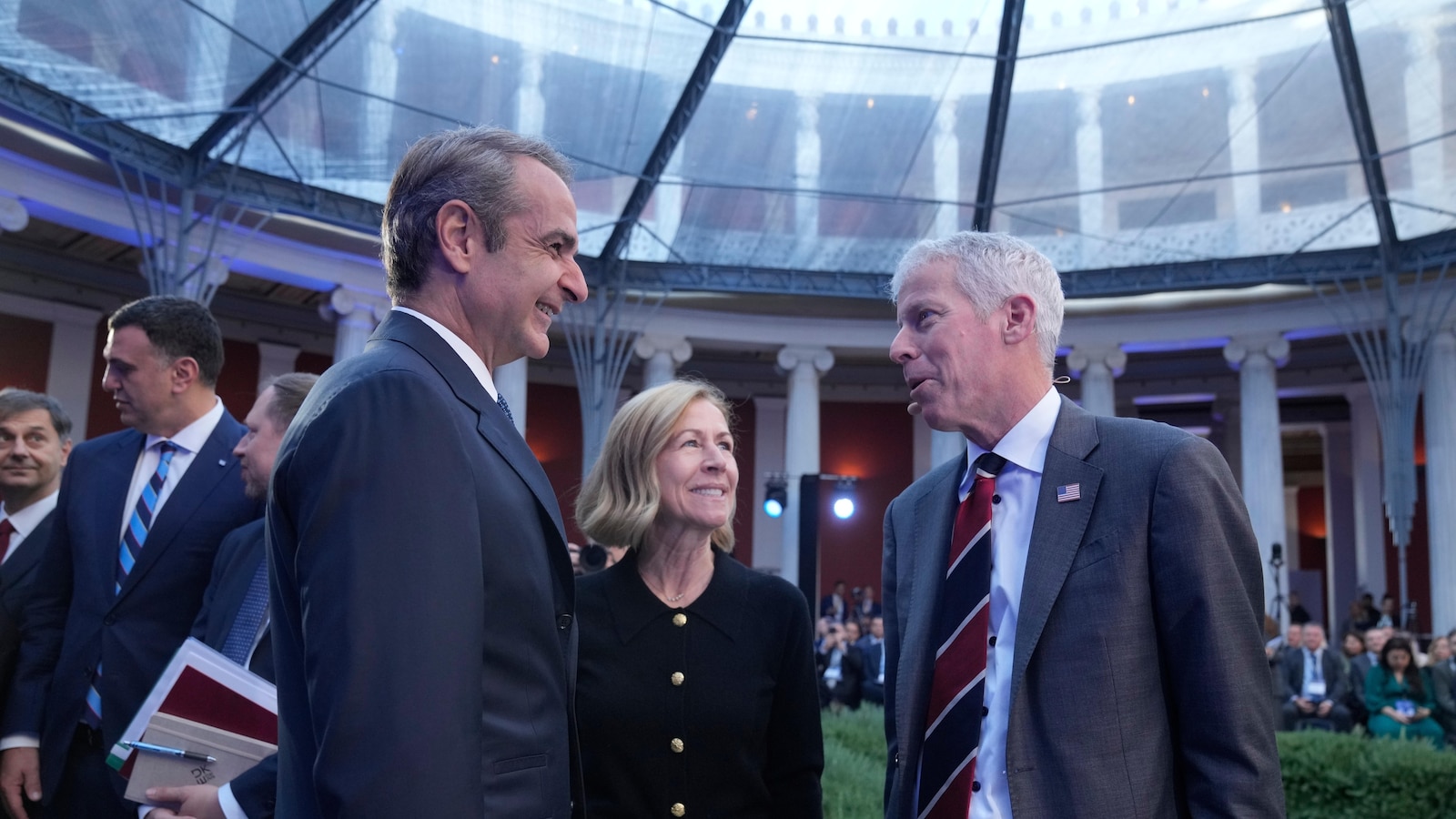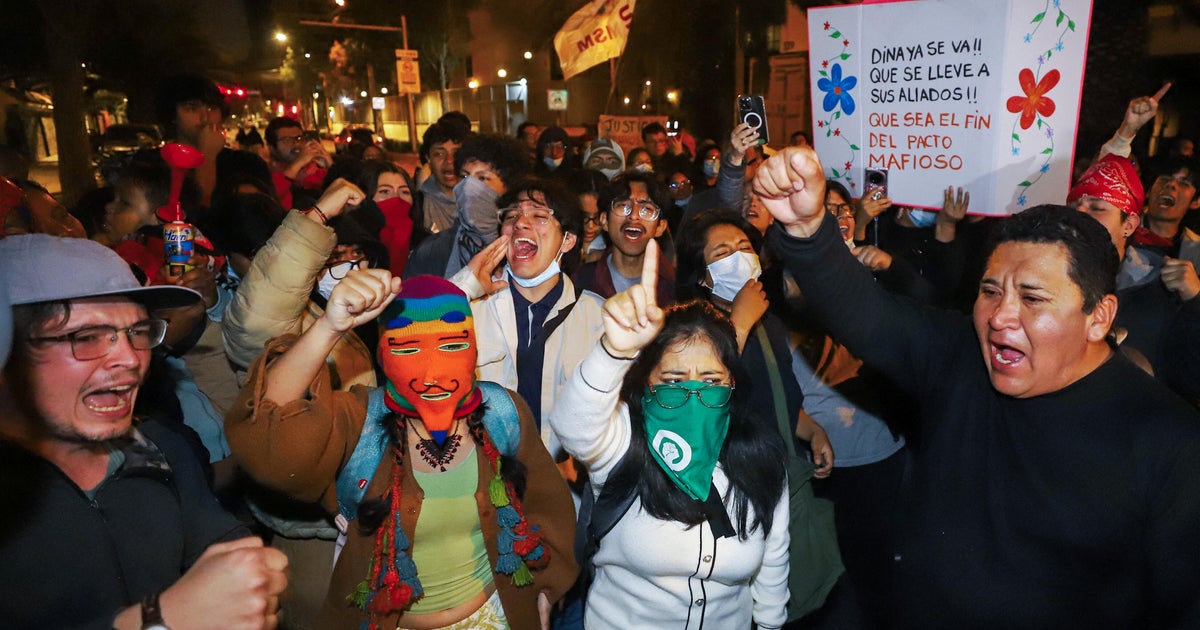This summer, the Australian government is going to extraordinary lengths to make sure the country’s incredibly online teens touch grass.
Starting December 10, social media companies will face fines of up to roughly €28 million for failing to prevent people under 16 from having accounts on their platforms. For now, the ban will apply to Facebook, Instagram, Snapchat, Threads, TikTok, X (formerly Twitter) and YouTube.
The Australian government on Wednesday expanded the list of restricted platforms to include Kick, a domestic competitor of streaming giant Twitch, and the online forum Reddit – currently the seventh most-visited site in the world.
Read moreAustralian platform Kick says it will cooperate with France after livestreamer's death
Platforms designed solely for messaging, voice or video calling or online gaming are exempt from the restriction – Messenger, WhatsApp and Discord are all untouched by the ban.
Other exemptions include platforms primarily designed for education, professional networking and connecting users with healthcare providers or similar support services.
How will it work?
Teens and children under 16 will still be able to see content on restricted platforms that isn’t blocked off behind a log-in – so there’s nothing stopping a 12-year-old from watching a non-age-restricted video on YouTube or scrolling through a subreddit discussing their favourite fantasy series.
But they won’t be able to comment, or upload content of their own – and by staying logged out, the government says, they will avoid the kind of profit-driven personalised design features that push social media users to spend longer and longer at their screens, bombarding them with notifications and filling their feeds with ever-more extreme or upsetting posts.
A report released by Australia’s eSafety commissioner found that four out of five respondents between the ages of eight and 12 had used one or more social media platforms in 2024.
"Online platforms use technology to target children with chilling control," Communications Minister Anika Wells said Wednesday. "We are merely asking they use that same technology to keep children safe online.”
Why is this happening?
The Australian government maintains that the restriction is a much-needed measure to fight back against what a growing body of research suggests is a worsening mental health crisis fuelled by excessive social media use.
One study in the US found that adolescents who spent more than three hours a day on social media faced double the risk of experiencing poor mental health, including symptoms of anxiety or depression. By contrast, limiting social media use to under half an hour a day seemed to have positive mental health outcomes for both teenagers and adults.
Marilyn Bromberg, an associate professor at the University of Western Australia and the author of “Body Image Law: Revolutionising Images of Thin-Ideal Women”, said that a social media landscape saturated with images of figures conforming to unrealistic or unhealthily idealised beauty standards could have dire effects on teenagers’ feelings towards their own changing bodies.
“Essentially on social media we’ve got a lot of images of the thin ideal, of thin-ideal people, and there is a lot of research in psychology that has found that when people see images of the thin ideal, then it could harm their body image,” she said. “And that could potentially lead to developing eating disorders. Not for everyone of course, but for some people.”
Australia launches 'landmark' bill to ban social media for children
To display this content from YouTube, you must enable advertisement tracking and audience measurement.
One of your browser extensions seems to be blocking the video player from loading. To watch this content, you may need to disable it on this site.

01:24
She said that the government’s incoming ban was a long-overdue intervention in an industry that had for years been resistant to government regulation.
“I think that this ban is one of several actions that the Australian federal government should take to make social media safer,” she said. “I definitely don't think that having this ban will solve all the problems that exist with young people using social media, but it is one tool in what needs to be a very large toolkit to protect young people.”
What are the alternatives?
As well as simply restricting social media access, some researchers have called for laws that would force social media companies to be more transparent about how their algorithms were targeting young users.
Bromberg pointed to a proposed bill in the US state of Massachusetts that would require major social media platforms to submit to regular independent risk audits that would assess the harm their design posed to children, including mental health issues, eating disorders and addiction-like behaviour.
“These algorithm audits would take place regularly by independent third parties, and they would look for how social media is harming people,” she said. “And then social media [platforms] would have to respond to that, make changes and write transparency reports. And if social media don't make those changes, then they could face significant fines.”
Despite her personal support for Australia’s ban, though, she said that social media had also played a positive role in many young people’s lives.
“There are also a lot of benefits of using social media – we can't forget that,” she said. “So, when we talk about the harms, and they are very real, we can't forget that there are also many positive benefits from using social media – it can help with loneliness, it can help people connect with others.”
Can it even be enforced?
Just how tech titans will enforce the restriction has become the €28-million question – and it’s the companies, not children or parents, who will be punished if under-16s are able to slip through the cracks.
The same legislation launching the ban also prohibits social media companies from requiring users to prove their age using government-issued IDs, forcing them to offer at least one alternative method.
But a €3.6 million trial of age-detection tech commissioned by the Australian government found that facial age estimation software had “above acceptable levels” of false rejection rates for teens aged 16 and 17.
“False negatives will then be inevitable and alternative methods will be required to correct them,” the report said.
Social media ban will hamper development of necessary skills to deal with online risk, expert says
To display this content from YouTube, you must enable advertisement tracking and audience measurement.
One of your browser extensions seems to be blocking the video player from loading. To watch this content, you may need to disable it on this site.

08:52
Undeterred by these challenges, other countries have already begun to draw inspiration from the fast-approaching ban.
A French parliamentary committee in September recommended that children under 15 in France should be banned from using social media entirely, and suggested the government impose an overnight “digital curfew” for users between 15 and 18 years old. The curfew would stretch from 10pm to 8am.
Denmark on Friday announced that it would also be banning social media use for children under 15.
“Children should not be left alone in a digital world where harmful content and commercial interests are too much a part of shaping their everyday lives and childhoods,” the country’s digitalisation ministry said in a statement.
“This is a development that no parent, teacher or educator can stop alone."










 English (US) ·
English (US) ·